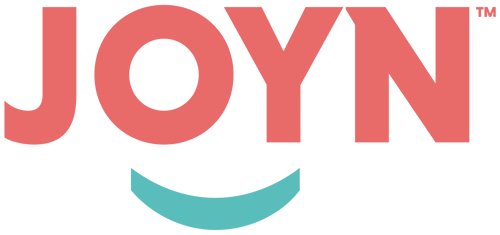
Aotearoa’s borders kept out the worst of COVID-19, but it has also kept out some of the best potential migrant workers. While Immigration NZ has always had strict protocols regarding migrant workers in New Zealand, the past few years have all but decimated a once flourishing labour market.
Fortunately this month finally saw Immigration NZ open up the Accredited Employer Work Visa (AEWV) scheme enabling accredited employers to start the hiring process with overseas talent for 3 year work visas. The scheme is in place for accredited employers who are paying at least the NZ median wage (unless the role is on an exemption list) and can show that they cannot find suitable New Zealanders first.
With changing times and changes to immigration law, what does the future of Aotearoa’s talent pool look like, and what is the best way to recruit employees from overseas in the current market? Let’s look into how opening New Zealand’s borders to entice overseas workers can benefit our talent pool, drive up skills and salaries, and secure a better labour market for employers and employees alike.
Immigration NZ Plays the Long Game, But Seasonal Employers Suffer
“Brain drain” is a phrase often flung around the New Zealand media. Now borders are opening, it’s reared its head once more. Kiwis are jet-setting overseas on delayed OEs, leaving job vacancies in their wake.
In a positive light, Immigration NZ’s preference for tertiary-educated migrants increases the likelihood of attracting and retaining highly skilled workers in New Zealand. In the long term, this works to offset ‘brain drain’ or skills shortages in office-based work in New Zealand.
However, it’s a different story for employers who ride the wave of seasonal employment markets. New Zealand’s border closures have meant a skills shortage in pickers and packers, leaving rotting produce in orchards and fields, and grinding some work to a snail’s pace in our farming regions. In addition, many low-skilled migrant worker visas tie employees to their employers without any flexibility between jobs.
Although the government opened spots for 2,000 seasonal workers in 2020, it wasn’t enough. These workers were also held by constraints of trade tied to their visas. A recent study by the New Zealand Productivity Commission recommends allowing more agility for low-skilled workers and reducing the use of the Skills Shortage List to attract more diverse workers and increase salary/productivity. It’ll help in the short term for a long-term gain.
An Immigration Government Policy Statement (GPS) Can Help Employers
It always helps to have a clear direction. A Government Policy Statement (GPS) would help clarify where the Government sees New Zealand’s business sector heading, so employers and employees can react accordingly.
A GPS would outline how many permanent and temporary visas it plans to release and in which areas. It would enable more certainty in the labour market and encourage investment through population projections and business plans.
Consult With Education Institutions to Impact Appropriate Training & Skills
It’s great to introduce a path to residency through education and qualifications, but only if the skills taught benefit New Zealand’s labour market. The New Zealand Productivity study suggests Immigration NZ should liaise more with training facilities to guide their curriculums and training systems toward this end.
If tertiary providers have a clear idea of where skills shortages lie both currently and in the long term, they can reflect this within their training. International students at these facilities will then gain qualifications relevant to these labour gaps. Currently, the skills shortages list is malleable. A lack of transparency has left it vulnerable to lobbying, but a more transparent process can empower workers with greater knowledge of and access to skills training that is more likely to get them (and keep them) in employment.
Employment isn’t just a short-term goal. Migrant workers are often looking for stability in their jobs, which the current market in New Zealand just isn’t providing.
Liaise With Iwi & Improve the Welcoming Communities Initiative
One of the biggest benefits of immigration is the diversity it can bring. Aotearoa welcomes people of all backgrounds and creeds, and it should look to bring its immigration policies in line with its obligations to Te Tiriti o Waitangi.
Iwi should be included in discussions regarding immigration policy methods to ensure the rights and opportunities of Māori are protected. This also includes educating migrant workers on indigenous culture in Aotearoa through involvement in the Welcoming Communities Initiative.
The Welcoming Communities Initiative looks to help settle migrant workers in New Zealand by acclimatising them to Kiwi culture, customs, and more. A large part of this should have iwi input, especially with the growth of Māori business in the Agricultural and FMCG sectors, which have a huge range of roles fit for immigrating employees.
JOYN Can Help You Navigate Recruitment From Overseas and Domestically With Ease
JOYN are full-service HR and recruitment consultants who can help you navigate New Zealand’s labour market. Our professional recruitment company specialises in the Human Side of the job market. We make smart and tech-savvy recruitment strategies, helping you find quality candidates looking for jobs in New Zealand so you can fill roles with the right people. If you need advice on overseas recruitment, contact JOYN. We’re here to help you navigate the New Zealand labour market with ease—it’s the smarter way to recruit! Get the best candidates for your team today.
